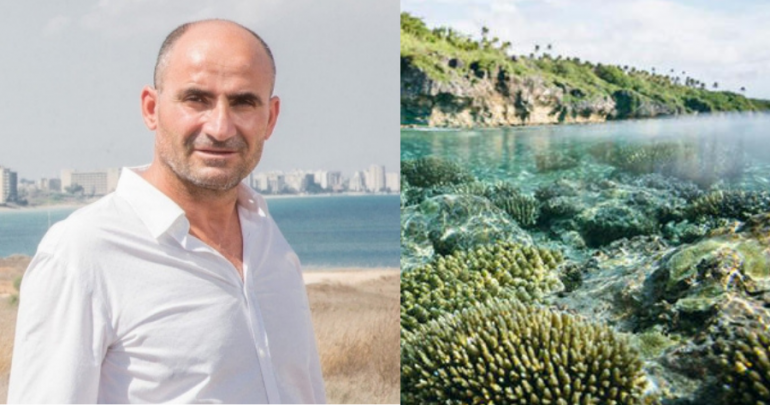The ongoing climate change and the destruction of the environment by man himself bring about several changes in our daily lives. In the last three decades, the use of fossil fuels has produced half of the carbon dioxide in the atmosphere today, and several oil companies are constantly polluting the environment with emissions.
Based on data recently submitted to the European Committee of the Regions, the World Health Organization (WHO) has issued a global strategy on health, the environment and climate change, with the ultimate goal of raising awareness of the global health community and addressing environmental risks. public health by 2030.
Air pollution causes 7 million deaths a year, while 3 billion people breathe polluted air, according to the WHO. The result of this air pollution is the gradual increase of infectious diseases and pandemics transmitted through food, water or from animals to humans.
Author David Wallace-Wells in his book "Uninhabited Earth" points out that climate change is everywhere, as it affects the productivity of fields, contributes to the spread of pandemics, population movement, civil wars, crime, domestic violence. hurricanes, heat waves, floods, water shortages, etc. The constant rise in temperature causes frequent fires, especially in the countries of the South - which includes Cyprus - destroying forests and releasing carbon dioxide into the atmosphere. Therefore, fires are not only a summer "phenomenon" but have now become a "natural" consequence.
The continuous destruction of forests by humans leads to the multiplication of insects and other carriers of the spread of communicable diseases. Deforestation and fires lead to a decrease in oxygen, and therefore to a lack of oxygen. While our lungs need it, increased levels of carbon dioxide lead to a 21% reduction in our mental capacity, Wallace-Wells notes.
Rising temperatures and climate change are affecting the ecosystem. The consequence of this is the increase in the spread of pandemics, while several of the diseases will no longer know geographical borders. The coronavirus is a sign, since it started in Asia and spread all over the planet. Another indication is the yellow fever, which was limited to the Amazon basin, but in 2016 it left the Amazon through mosquitoes and within a year reached close to the big cities and slums of Brazil.
Malaria, which thrives in warmer environments, is expected to infect more than 3,5 million people by 2030, while tick-borne borreliosis will spread to Asia and Europe.
Climate change and pandemics no longer discriminate after they have become globalized. Public health will be significantly affected and we will become more vulnerable to diseases, while the effects on family relationships, on our mental health will be a common phenomenon, causing psychological pain, anxiety and depression.
The scientific community, including many leading scientists, often sounded the "climate" alarm to make us noise, to shake us, but unfortunately many times they were ignored and / or blamed.
Climate change and environmental pollution are mainly due to the human factor and more specifically to the consequences of the modern lifestyle of a large portion of people. The constant destruction of our environment makes us vulnerable to disease and threatens human existence. No matter how much nature is destroyed, it will take revenge and "survive". But will man succeed?
Andros G. Karagiannis
Mayor of Deryneia
